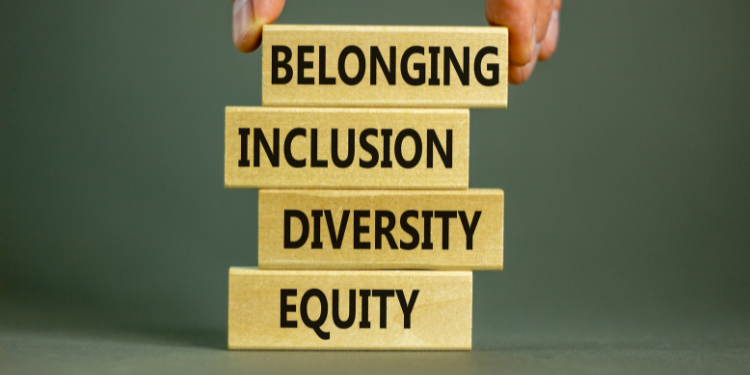Gender, Inclusivity and the Armed Forces
Gender inclusion is a concept that goes further gender equality, specifically it outlines the idea that all services, opportunities and institutions are open for every kind of people and that gender stereotypes are not able to define social roles and responsibilities.
Firstly, to guarantee inclusion is important to use a specific gender inclusive language this means avoiding word or imagery choices that may be interpreted as biased, discriminatory or demeaning.
According to the opinion of United Nations office on drugs and crime (UNODC), use a specific language could be the best way to reduce the gender bias. Anyway, guarantee a gender inclusion through any kind of communications could have many advantages like for example promote a sense of belonging for individuals who have been historically excluded for their race, ethnicity, sex orientation or religion and could help to reduce unconscious biases and ensure that everybody feels valued.
Another way to ensure gender inclusion could be realized through women’s empowerment that is a fundamental step to guarantee gender equality because still nowadays many women and girls continue to face significant challenges in every part of the world. Women are typically underrepresented in power and decision-making roles, they receive unequal pay for equal work, and they often face legal and other barriers that affect their opportunities at work.
Empowering women is important to the health and social development of families, country and communities, because when they are living saved, fulfilled and productive lives they can cooperate with all the institutions and guarantee a grow of the economy of the societies and benefit to the humanity in large.
For example, in the armed forces the role of women is in minus because has been considered for a long time as a male profession, but to achieve a gender equity and inclusivity it would be necessary to increase the number of women not only during the armed conflict but also during the peacekeeping operation, in this way their behaviour could influence positively the military who are predominantly men and reduce the number of sexual violence that happened frequently in this field.
It is important to ensure gender inclusivity in most sectors in the military one trying to balance diversity and the equality at the same time reducing all the gender bias. Besides, by implementing strategies that will promote gender balance in military leadership, address gender-based violence and harassment in the military and work-life balance, will foster recruitment and retention of women in the European Armed Forces.
In addition, in many EU states, LGBTIQ people continue to endure discrimination for their identity, because not all national laws recognize their rights, and this drives these individuals to cover up their personality. To provide a few examples countries like Germany, France, the United Kingdom, and the Netherlands have taken proactive measures to ensure equality within their armed forces, while eastern European ones preserve more conservative attitude towards this topic. Overall, as European societies continue to evolve on LGBTIQ rights, military organizations are also adapting. There is a growing recognition that diversity enhances operational effectiveness, as diverse teams bring different perspectives and approaches to problem-solving. To conclude, while some progress has been made, more work is still needed. The European Commission in its upcoming Gender Equality Strategy needs to focus on the abovementioned issues, address gender inclusion in the military sector and lead by example, showing that true equality enhances the resilience and prosperity of communities and nations.

